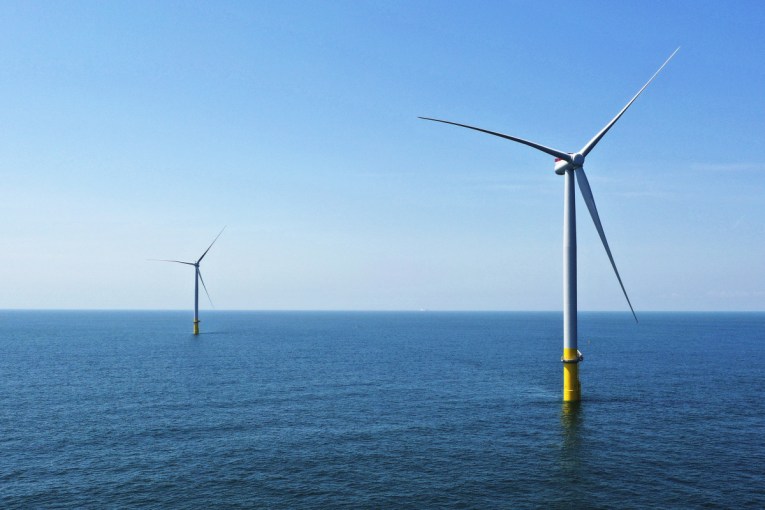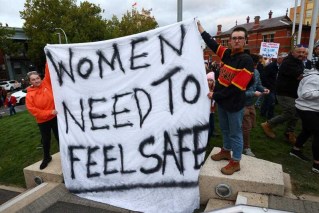Turnbull energy policy to cut power bills by $550 per year; Leaked report

The Energy Security Board document predicts the savings of in the decade from 2020. Photo: Getty
The Turnbull government’s signature energy policy is expected to cut household power bills by up to $550 a year, but the included emissions reduction targets could remain a sticking point.
State and territory energy ministers are being urged to settle on the basic design of the National Energy Guarantee when they meet their federal counterpart Josh Frydenberg next month.
A leaked copy of a document drawn up by the Energy Security Board for ministers ahead of the talks points to annual savings of $550 for the average east coast household in the decade from 2020, relative to 2017/18.
This is $150 a year more than previously forecast for the same period.
“The continued connection of additional renewable generation projects to the NEM (national energy market) in coming years is projected to see prices fall from today’s elevated levels,” the 39-page policy document and analysis says.
In previous talks between energy ministers, the emissions reduction targets attached to the NEG were a sticking point, predominantly for Labor states.
The federal government is proposing a 26 per cent reduction for the electricity sector as part of Australia’s overall commitment to a 26-28 per cent reduction on 2005 level emissions by 2030.
There have been calls for a more ambitious target to reduce the pressure a 26 per cent goal would place on other sectors, including agriculture and transport, where emissions reduction is more difficult.
The ESB document addresses this concern by saying “it is possible that higher emissions reduction targets may be set in future by the Australian government”.
That leaves the door open for federal Labor to ratchet up the target, as they’ve indicated they will if the party wins government.
But Liberal backbencher Tony Pasin says this would be “foolhardy”.
“(If Labor wins the next election) it’s very likely they’ll use this infrastructure – sadly, I say – to ratchet up the target for emissions reduction and thereby lead to higher energy costs,” he told Sky News.
Labor Senator Jenny McAllister said the government’s ambition around the target was “hopelessly inadequate”.
“What this paper really shows is that there is no real benefit from the NEG as presently constructed,” she said.
“It will see prices go down, but only a fraction of that is attributable to the actual NEG.
“The bulk of the price decreases that show up in the modelling actually come about just because Australia has met its renewable energy target.”
The Clean Energy Council has again warned the target outlined in the NEG is too low to encourage sufficient investment in energy generation.
Chief executive Kane Thornton said most credible analysis suggested the proposed 26 per cent emission reduction target would be met by the electricity sector in just a few years.
Energy ministers will meet on August 10 to discuss the NEG framework.
-AAP








